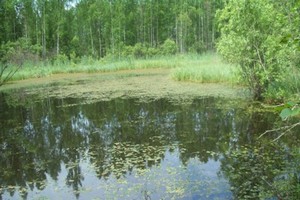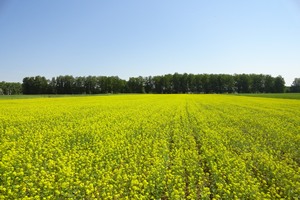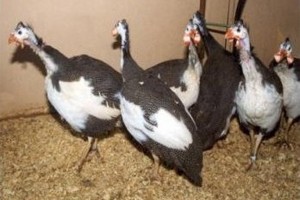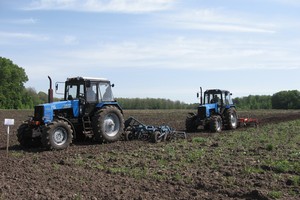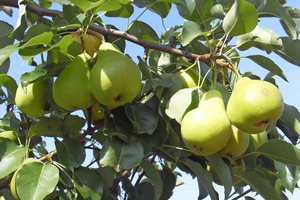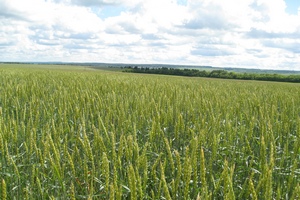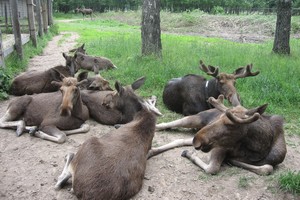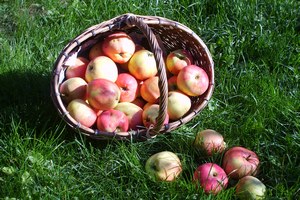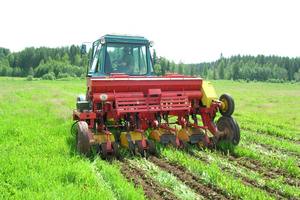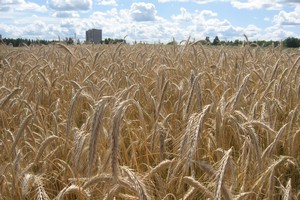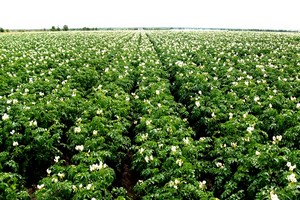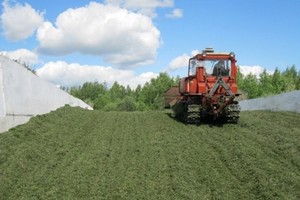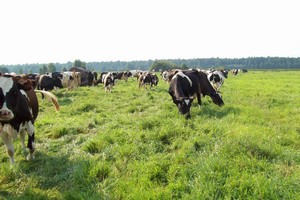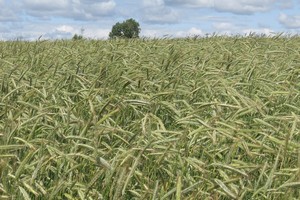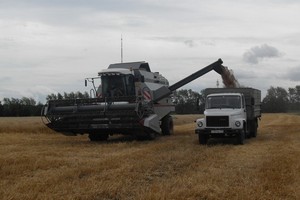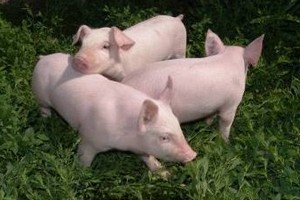Features of formation and realization of the economic interests in agriculture
Pages: 78-83.
Vorob'ev S.Р.1, PhD in economics, associate professor,
Gritsenko G.М.2, DSc in economics, professor, head of laboratory,
Vorob'eva V.V.1, PhD in economics, associate professor
1Altai State University, Barnaul, Russia, 2Siberian Federal Scientific Centre of Agro-Biotechnologies of The Russian Academy of Sciences, Novosibirsk, Russia
E-mail: servsp@mail.ru; vvvtoria@mail.ru
The economic interests of business entities in agriculture are constantly being transformed, becoming more complicated when external and internal factors and conditions change. It predetermines the urgency of their additional identification and classification. The duality of interests of various business agricultural entities is noted depending on their role in this or that social group. The duality of interests is determined not only by property relations, but also by the level of corporate social responsibility of agricultural organizations, the expectations of the local community, the place of permanent residence of direct participants of agricultural production. The system of classification of features of economic interests is supplemented by the signs allowing taking into account the sphere of employment and sources of the main income of stakeholders, their place of residence, expectations from participation in agricultural production. Economic interests are grouped for the main groups of interest: employees of the organization, management personnel of the organization, owners of land/capital, the state in the person of government bodies, society – their inconsistency is found out. Macroeconomic results of the violation of the parity of interests of the main stakeholders in agriculture are the hidden employment of some rural residents, the removal of a part of the gross added value from the legal turnover. The resolution of contradictions depends on the policy of intraeconomic relations carried out by the heads of agricultural enterprises (owners). In general, managers of agricultural enterprises are not only intermediaries in the organizational process of relations of economic interests carriers, but also by their active participants. The main conditions for more fully satisfying the personal, collective and public interests of the main stakeholders are identified in the article: attracting and retaining highly skilled workers, matching the growth of productivity and wages, improving the quality of products, reducing the disparity of prices among partners in the agribusiness system, improving relationships with financial institutions, improvement of the state’s social policy within the framework of sustainable development of rural areas.
Keywords: economic interest, conflict of interests, property, transformation, agriculture, economic relations
References
1. Belkina N.A., Slav P.A. Klassifikatsiya ekonomicheskikh interesov. [Classification of economic interests]. Vestnik Yuzhno-ural’skogo gosudarstvennogo universiteta. Seriya: ekonomika i menedzhment. 2011. no. 28. pp. 58-66.
2. Bundina O.I., Bozhchenko Zh.A. Osobennosti realizatsii ekonomicheskikh interesov v agrarnom sektore ekonomiki. [Features of Realization of Economic Interests in Agriculture]. Ekonomika, trud, upravlenie v sel’skom khozyaystve. 2014. no. 3. pp. 61-64.
3. Kolobova A.I., Musienko D.V. Zemel’nye otnosheniya – osnova povysheniya effektivnosti agrarnogo proizvodstva. [Land relations as the foundation of increase in agricultural production effectiveness]. Vestnik Altayskogo gosudarstvennogo agrarnogo universiteta. 2009. no. 11. pp. 81-86.
4. Batishchev D.G. Protivorechiya v sisteme ekonomicheskikh interesov sub”ektov rynochnykh otnosheniy. [Contradictions in system of economic interests of subjects of market relations]. Terra economicus. 2009. Vol. 7. no. 4-2. pp. 20-22.
5. Freeman R.E. Strategic Management: A Stakeholder Approach. Boston: Pitman Books Limited, 1984. 276 p.
6. Osnovnye polozheniya korennoy perestroyki upravleniya ekonomikoy. [Substantive provisions of radical reorganisation of management of economy]. Moscow: Politizdat, 1987. 112 p.
7. Belousov V.M. Sistema formirovaniya i realizatsii ekonomicheskikh interesov sel’skokhozyaystvennykh tovaroproizvoditeley. [The System of formation and realization of the economic interests of farm commodity producers]. Izvestiya Orenburgskogo gosudarstvennogo agrarnogo universiteta. 2013. no. 6. pp. 167-170.
8. Avdeev I.M. K voprosu o sushchnosti ekonomicheskogo interesa. [About the essence of economic interest]. Sotsial’no-ekonomicheskie yavleniya i protsessy. 2009. no. 1. pp. 18-20.
9. Bogoviz A.V., Vorob’ev S.P., Vorob’eva V.V. Vliyanie organizatsionno-pravovoy formy sel’skokhozyaystvennykh organizatsiy na effektivnost’ ikh funktsionirovaniya. [Influence of an organizational legal form of the agricultural organizations on efficiency of their functioning]. Ekonomika sel’skogo khozyaystva Rossii. 2017. no. 3. pp. 18-23.
10. Meshcheryakova E.N. Sistema ekonomicheskikh interesov proizvodstvennoy gruppy. [System of economic interests of industrial group]. Sotsial’no-ekonomicheskie yavleniya i protsessy. 2011. no. 7. pp. 133-138.
11. Balashov A.P. Rukovoditel’ sel’skokhozyaystvennoy organizatsii kak osobaya professiya. [Head of agricultural organization as a special profession]. APK: ekonomika, upravlenie. 2017. no. 1. pp. 28-33.
